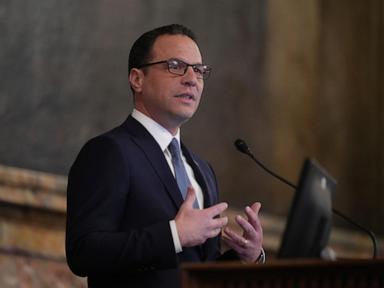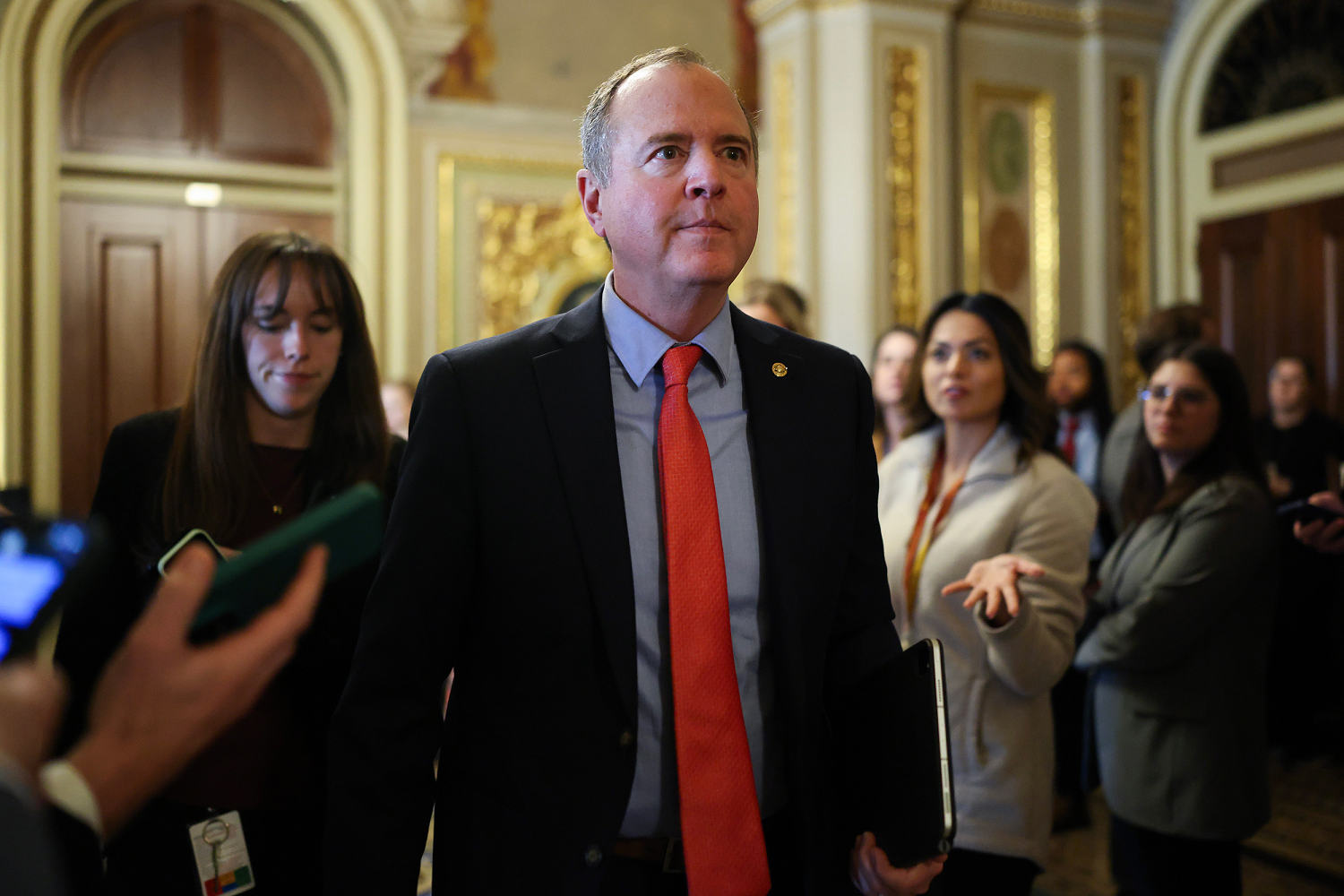

The Department of Energy needs a complete overhaul.
Congress established the DOE in 1977 in response to the 1973 oil crisis, consolidating a patchwork of energy-related programs under one roof. The department took over the management of nuclear programs, national research labs, and a variety of alternative energy efforts. Its 2025 budget tops $50 billion. It supports 14,000 employees and a staggering 95,000 contractors across 83 field locations.
The Department of Government Efficiency should scrutinize the DOE’s effectiveness like any other federal agency. But this department demands a different kind of review. The issue isn’t just waste or mismanagement. It’s mission.
Energy is the lifeblood of any advanced society. The DOE should pursue one overriding goal: making America energy-independent with a long-term strategy for cheap, abundant power. That’s not what it’s doing.
Yes, the energy sector should remain a free-market enterprise. But it’s also a national asset. Energy production and distribution are essential to American sovereignty, economic security, and global influence. That makes the DOE more than just another bloated bureaucracy — it’s a strategic liability unless restructured with purpose.
If the DOE can’t define that purpose, the DOGE must.
Rapid population growth, AI, crypto mining, robotics, and automation will all drive explosive demand for electricity.
One of the department’s core missions should be to secure American energy independence. This is not just good policy — it’s a national security imperative.
Wars are won or lost based on the ability to fuel military and industrial operations. If America can’t meet its own energy needs, it risks becoming dependent on hostile regimes that can — and will — weaponize energy supplies against us.
Previous administrations have sabotaged this mission. The DOE should not focus on environmental goals like reducing carbon emissions. Those objectives often conflict with the department’s strategic purpose. “Climate change” is not a scientific certainty — it’s an ideological construct. Sea levels have risen 400 feet over the past 20,000 years, submerging the ruins of countless ancient civilizations, and none of that was caused by human industry.
Yet the Energy Department continues to throw billions at preventing a hypothetical sea rise of just a few feet — this time supposedly caused by human activity. That’s not just wasteful; it’s dangerously off mission. Nearly 40% of recent DOE budgets have gone to renewables and carbon capture. That funding should be powering the country — not chasing climate fantasies.
It’s absurd. America holds vast fossil fuel reserves — thanks to innovations like hydraulic fracturing and horizontal drilling — that can provide cheap, reliable energy. These resources can make us energy-independent and globally competitive. The DOE should clear the way for fossil fuel extraction and pipeline construction, starting with permitting on federal lands and aggressive deregulation.
At the same time, the department should end all spending on alternative energy development — except nuclear.
The free market, not the federal government, should drive innovation. The DOE needs to stop subsidizing every corner of the energy industry, fossil fuels included. Government handouts distort markets, discourage competition, and reward political connections instead of performance. Cronyism, fraud, and corporate capture follow wherever subsidies go. A healthy, well-capitalized U.S. energy sector doesn’t need government favors — it needs government to get out of the way. Let consumers, not bureaucrats, decide the winners.
To sharpen its focus, the Department of Energy must shed every responsibility not central to its mission. Environmental policy belongs with the Environmental Protection Agency. Government-run electricity operations, such as the Tennessee Valley Authority, should be sold to private firms.
The DOE has no business in genomics. It should transfer its Human Genome Project work elsewhere. The Pentagon — not the DOE — should manage the nuclear weapons stockpile. The department should also end its subsidies for synthetic fuels like ethanol, which distort agricultural markets and drive up food prices. Many of its remaining research functions should be reassigned to the Defense Advanced Research Projects Agency or the National Science Foundation.
The department should also abandon appliance efficiency mandates that degrade performance, frustrate consumers, and increase costs.
It must reject the Biden administration’s bloated Green New Deal agenda, which has dragged the DOE into a fantasyland of bureaucratic overreach. The department should withdraw from the energy-related provisions of the Inflation Reduction Act, the Infrastructure Investment and Jobs Act, and related executive orders. These distractions must be repealed and the associated spending eliminated immediately.
The DOE needs to recognize the direction the world is headed: toward an electricity-dominated future. Electric vehicles are only the beginning. Rapid population growth, AI, crypto mining, robotics, and automation will all drive explosive demand for electricity. We’ll need fossil fuels to supply the grid for now — but that supply will become harder to access just as demand surges. The DOE must plan accordingly, not wander off chasing green illusions.
The coming surge in electricity demand cries out for a modern-day Manhattan Project — this time led by the Department of Energy. The DOE should lead a national effort to radically expand, modernize, and harden the electric grid. It must accelerate the development of small-scale nuclear fission reactors and push to make nuclear fusion commercially viable.
Nuclear energy — especially fusion — is clean, powerful, and virtually limitless. While the private sector should continue optimizing fossil fuel and alternative energy technologies, the DOE must draw up the blueprint for America’s energy future. It should clear regulatory obstacles that block meaningful progress.
So what should the DOGE do with the DOE? Strip away every distraction and narrow its mission to one goal: ensuring America has cheap, abundant, reliable energy. Everything else belongs on the chopping block.
.png)
 17 hours ago
7
17 hours ago
7














 English (US)
English (US)